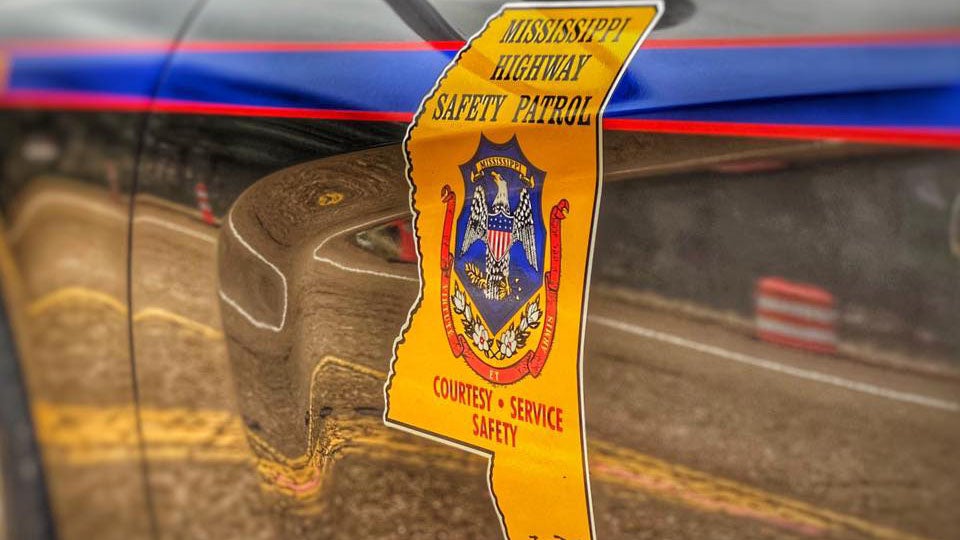Students surpass most state averages
Published 5:00 am Wednesday, September 2, 2009
Students in the Lawrence County School District penciled in animpressive performance on state tests issued earlier this year,with high school students turning in high scores on the SubjectArea Testing Program examination and elementary and middle schoolstudents outperforming state averages on the Mississippi CurriculumTest.
Superintendent Tony Davis was pleased with his students’ scores,but not quite ready to declare academic success. He pointed outthat standards mandated in the federal No Child Left Behind policywill continue rising from year to year, and more determination andfocus would be necessary to continue recording high scores on statetests.
“We are proud of our test scores, but we don’t have it licked,”Davis said. “Just because our scores look a little better thisyear, that doesn’t mean we can rest.”
On the SATP, which is issued to high school students based ontheir course progression and is necessary for graduation, LawrenceCounty High School students beat state averages in two of the foursubjects tested.
Though not the highest score, the district’s best performancewas on the English II portion of the exam, where Lawrence Countystudents outscored the state average of 69 percent passing by 8.6percent, with 77.6 percent passing. English II is the lowest stateaverage.
Local students also outscored the state average in Biology I,scoring 88.8 percent passing, which was enough to beat the stateaverage of 87.6 percent passing by 1.2 percent.
The district’s lowest scores were seen in Algebra I, where only66.3 percent of students tested recorded passing scores, a total5.7 percent less than the state average of 72 percent passing. Thedistrict’s highest score, 96.1 percent passing the U.S. Historyportion of the SATP, fell short of the state average of 96.9percent passing by eight-tenths of a percent.
Most pleasing to Davis, however, is the district’s growth rate,which saw scores improve over 2008 in three of four testingareas.
Lawrence County high schoolers saw the most growth in EnglishII. Scores in that subject climbed in 2009 by 10.3 percent sincelast year, the highest growth rate in the district. Biology Iscores also increase by 4.5 percent, and U.S. History scores cameup another 1.6 percent.
Algebra I was the only subject in which students regressed, withthe percent passing in that subject falling by 1 percent from2008.
“In Lawrence County, we always want to outdo the state averageat least, and we feel like we’ve had a really good track recordover the years down here in our section of the state,” Davis said.”But we’re never going to be satisfied. If we outdo the state orfall right on with them, we want to keep looking for a way to zoomahead.”
The district’s younger students also performed well on theirstate test, the MCT2, which is issued annually as a way to judgeschools’ teaching progress. Lawrence County students in gradesthree through eight beat state proficiency and advanced averages in17 of 24 scoring columns.
The main highlight from the MCT2 includes 70 percent of thedistrict’s eighth-graders scoring proficient and advanced marks onthe language arts portion of the test.
The low mark on the test was recorded by fifth-graders, 17.5percent of whom scored minimal on the language arts portion of thetest. The low mark represented the highest percentage of studentsin the district recorded poor MCT2 scores.
Davis said test scores would be used to adjust several academicprograms put in place for the 2009-10 school year.
“We’re turning up the heat again this year,” he said. “We’retrying to make sure we have kids ready to take these tests and, ifnecessary, working their schedule … trying to put them more intotransitional classes before they go into classes for thetests.”
Davis said the district would use tutoring and remediationcourses to prepare students for the tests, and is trying tomaintain a high number of “interventionists,” who identify andassist students trending toward low scores. The high school willalso have a new computer lab this year that he expects will helpwith remediation, and students who fail classes by a close marginwill be allowed to take credit recovery courses in the lab in hopesof passing the failed class.




